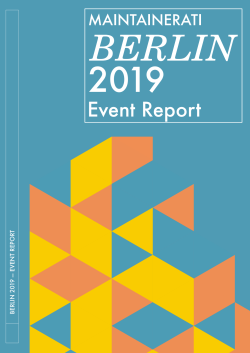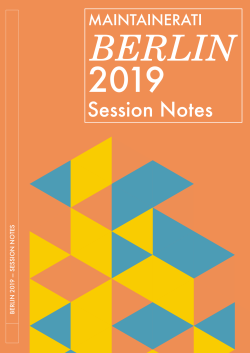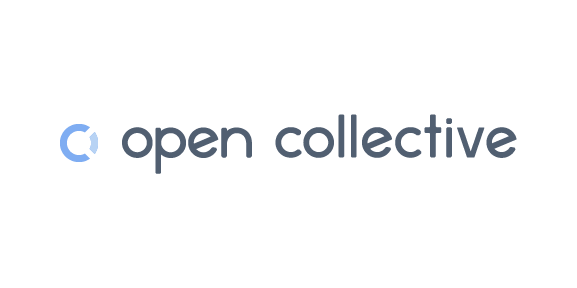Maintainerati Berlin 2019 was a one-day Open Space unconferencence for the community of open source maintainers to gather, present, and discuss the unique and pressing challenges they see in a face-to-face setting.
Now available! The Berlin 2019 Event Report and Session Notes:
The Event Report presents an analysis of 12 “Key Challenges and Lessons” that occurred repeatedly across the different sessions. For each one we describe what it is, what participants think causes it, and their ideas for how to solve it. In the conclusion, Creating Culture Change, we make some initial suggestions for what can be done to create healthier open source communities.
The Session Notes are a record of all 29 discussion sessions that took place on the day.
The contents of both the Event Report and Session Notes are licensed under a Creative Commons Attribution-NonCommercial-ShareAlike 4.0 International License. If you have any requests, questions, or concerns about this report, please feel free to reach out to us via email at [email protected].
Read the blog post for more details.
About the event
Maintainerati Berlin 2019 took place on 24 May 2023 at the Spreespeicher Center in Berlin, Germany, in collaboration with GitHub. Close to 80 maintainers came together from all over the world to share our experiences of running and maintaining digital infrastructure projects. In attendance were representatives from a diverse range of digital infrastructure projects, including Babel (a key dependency of the World Wide Web), GitHub (which hosts a large percentage of the code for digital infrastructure), Node.js, Open Collective, Mozilla, Google, Kubernetes and Formidable, among others. Maintainerati events are Open Space unconferences, in which the attendees choose the topics they wish to discuss. During the course of the day we ran nine parallel tracks with 29 distinct discussion sessions that form the basis for this report. Each discussion lasted an hour and was initiated by the person who proposed the topic. We took notes for each session, and distilled what we learned into a careful analysis full of concrete recommendations for maintainers, contributors, and supporters of open source, for you to download and read.



